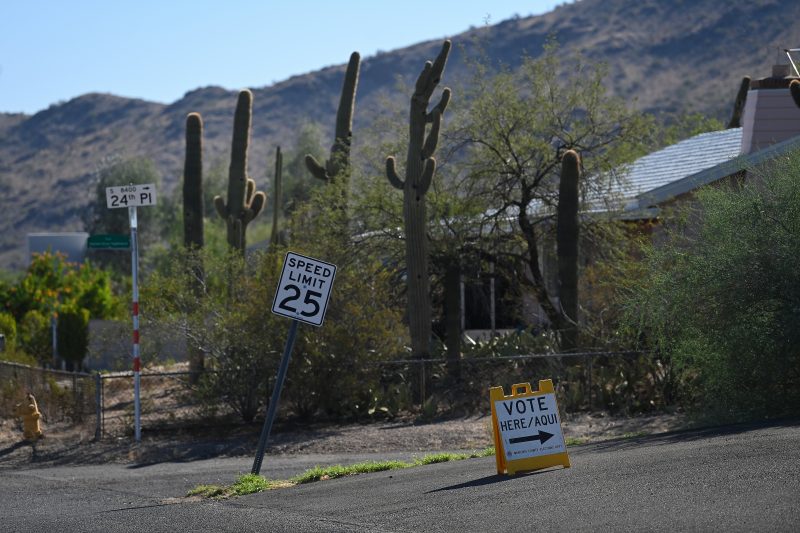In a startling revelation, the number of voters in Arizona who lack proof of citizenship has doubled in recent months, raising concerns about the integrity of the electoral process. The issue of requiring voters to provide evidence of their citizenship has long been a contentious one, with proponents arguing that it is essential to prevent voter fraud and maintain the sanctity of the democratic system. However, opponents contend that such requirements disproportionately affect certain groups of voters and can effectively disenfranchise individuals who lack the necessary documentation.
The surge in the number of Arizona voters without citizenship proof comes at a time of heightened scrutiny of voting rights and election procedures across the country. As debates rage on about the impact of measures such as voter ID laws and proof of citizenship requirements, the case of Arizona serves as a poignant example of the challenges and complexities inherent in ensuring fair and equitable access to the ballot box.
One of the key concerns raised by critics of the citizenship proof requirement is that it can have a chilling effect on voter turnout, particularly among marginalized communities. People who face barriers to obtaining the necessary documents, such as low-income individuals, minorities, and the elderly, are at a higher risk of being disenfranchised under such regulations. This, in turn, raises questions about the fundamental principles of democracy and representation: Should access to the democratic process be contingent upon one’s ability to produce specific forms of identification?
Moreover, the doubling of the number of Arizona voters without citizenship proof underscores the need for a comprehensive and inclusive approach to addressing the underlying issues at play. Rather than resorting to measures that may restrict access to the ballot box for certain groups of people, policymakers should focus on implementing solutions that promote voter enfranchisement and civic engagement for all citizens.
Advocates of electoral reform argue that initiatives like automatic voter registration, expanded early voting opportunities, and increased outreach efforts to underrepresented communities are more effective in enhancing participation and ensuring the integrity of the electoral process. By fostering a culture of inclusivity and accessibility, policymakers can work towards building a stronger and more resilient democracy that represents the diverse voices and perspectives of all citizens.
In conclusion, the doubling of the number of Arizona voters lacking citizenship proof highlights the complex interplay between voting rights, citizenship requirements, and democratic principles. As the debate over voter access rages on, it is crucial for policymakers to prioritize solutions that promote inclusivity, equity, and participation for all citizens. Only by addressing the systemic barriers to voting can we truly uphold the ideals of democracy and ensure that every voice is heard in the electoral process.



